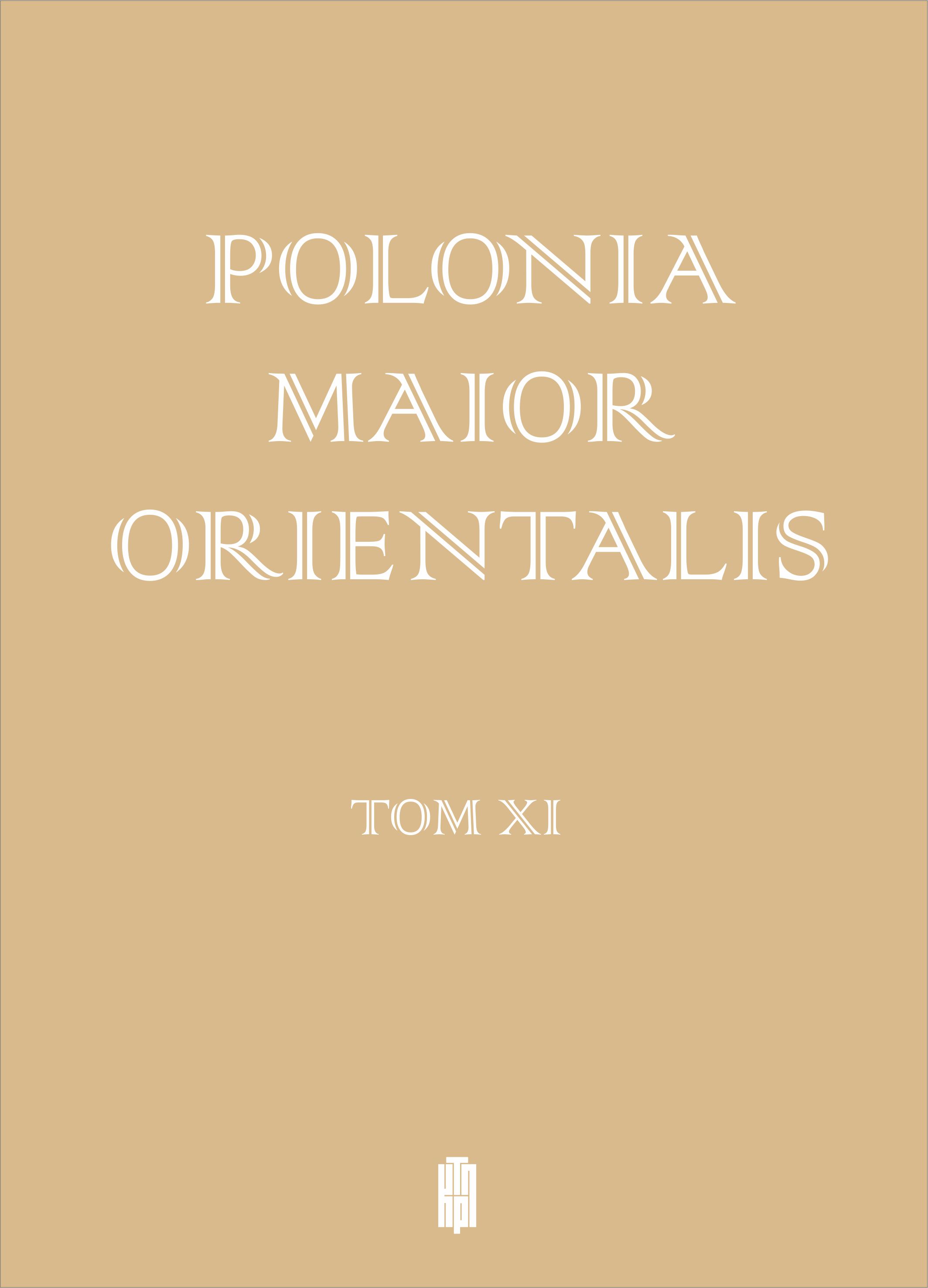Dozór bóżniczy w Izbicy Kujawskiej w latach 1822-1866
The Synagogue Executive Council in Izbica Kujawska in the Years 1822-1866
Author(s): Przemysław NowickiSubject(s): History, Local History / Microhistory
Published by: Wydawnictwo Uniwersytetu Jagiellońskiego
Keywords: Kingdom of Poland (1822–1866); Russian Partition; Izbica Kujawska; Jews; Synagogue Executive Council; Rabbis
Summary/Abstract: In 1821, a new self-governing body of the Jewish communes was established in the Kingdom of Poland by the Russian partitioners. This body was called the synagogue executive council, which replaced the so-called kahal. Initially, the composition of the council included a rabbi and three members, who were chosen by paying a tax. The members served for a term of three years. The synagogue executive council was the administrative authority of all the people comprising a given religious group referred to as a synagogue district. Among its most important tasks was creating a budget for 1 year, and later for 3 and 6 years, including among others, expenditures for maintaining the synagogues and schools, providing a salary for the rabbis and for caring for the poor (sick) as well as income, among others, from fees, taxes on marriages, funerals and public baths (mikvehs). The entire accounting process was subject to detailed auditing by the general administrative authorities. This body possessed total legal authority to purchase and own real estate. Based on research covering the years 1822-1866, all the names of the rabbis in Izbica Kujawska as well as some of the names of the governing executive councils are known. Information is also available concerning several budgets for the synagogue coffers of the Izbica synagogue district – confirmed by the general administrative authorities for a period of one year (1846), three years (1847-1849, 1850-1852) and six years (1853-1858, 1859-1864). In Izbica Kujawska, a private (noble) town, the superintendent of projects was obliged to pay rent to the owners of the town (heirs) for the plots he received from them in privileges, on which there was real estate under management and use (among others, the synagogue and cemetery).
Journal: Polonia Maior Orientalis
- Issue Year: 2024
- Issue No: XI
- Page Range: 111-128
- Page Count: 18
- Language: Polish

